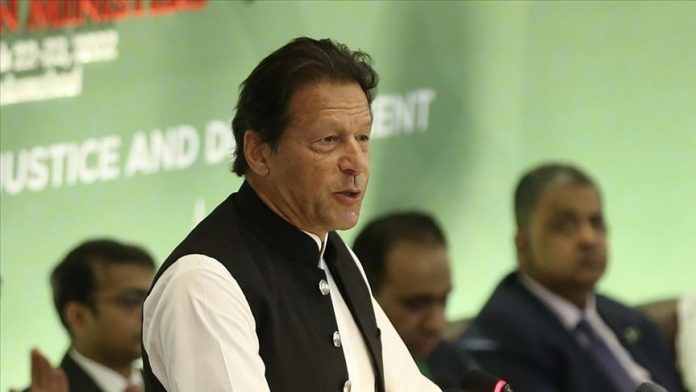Pakistan’s political developments have been unfolding in much the same way that a suspense thriller film does, with many twists and turns along the way.
The crucial no-trust vote was to be held last Sunday after the Opposition submitted a no-confidence motion against Imran Khan’s government last month. However, Imran Khan bowled a googly, and the no-trust vote was declared unconstitutional in the National Assembly, and the Parliament was dissolved. Imran Khan retained his seat after winning that round.
FOLLOW LIVE UPDATES ON PAKISTAN’S POLITICAL EVENTS.
However, Pakistan’s Supreme Court overturned these decisions earlier this week, ordering a National Assembly session for the no-trust vote on Saturday, April 9. We’ve arrived.
2 SCENARIOS
Now, things could go one of two ways following the no-trust vote on Saturday (assuming it happens – nothing can be predicted!).
The National Assembly rejects the motion of no confidence. Imran Khan is still alive. This is unlikely because the Opposition has a majority in the Assembly.
The National Assembly passes the motion of no confidence. Prime Minister Imran Khan has been deposed.
THEN WHAT?
Who will become Pakistan’s new Prime Minister if Imran Khan is deposed? The National Assembly will decide this, according to a Supreme Court order issued on Thursday.
The top court’s order was quoted by Geo News as saying, “If the no-confidence motion against the prime minister succeeds, the Assembly will appoint the new prime minister.” According to the Supreme Court, the new House leader must be elected during the same session.
BREAKING IT DOWN
If Imran Khan loses the election, Parliament will be able to function until the end of its five-year term in August 2023, at which point a general election will be held within 60 days.
In the National Assembly, a new prime minister will be elected to serve until then. Any member of the assembly can nominate a candidate. The opposition has repeatedly stated that Shehbaz Sharif, the leader of the Pakistan Muslim League-Nawaz (PML-N), is their sole candidate for Prime Minister.
The new prime minister, on the other hand, can call a general election right away, rather than waiting until 2023.
According to experts cited by Al Jazeera, if no candidate receives a majority of votes in the Assembly to become Prime Minister, the assembly can be dissolved and a general election held.
Keep your fingers crossed; we’ll find out who Pakistan’s Prime Minister is very soon.

